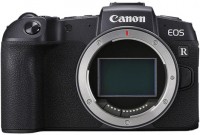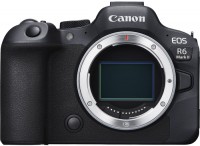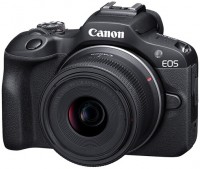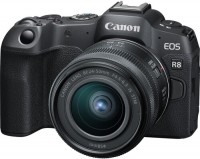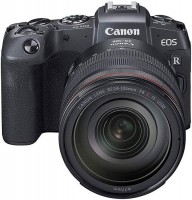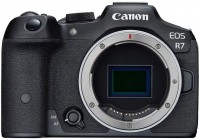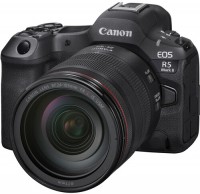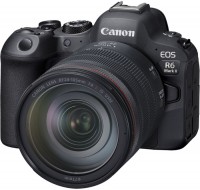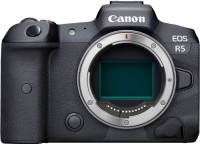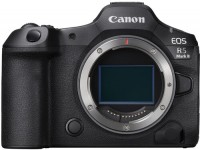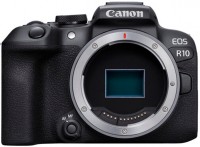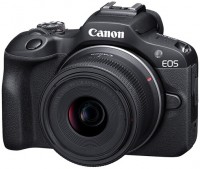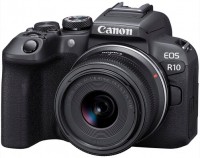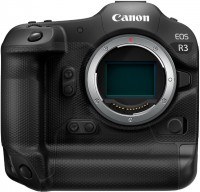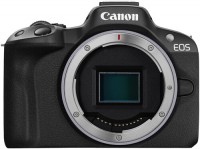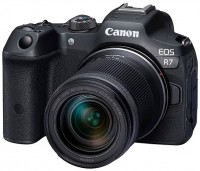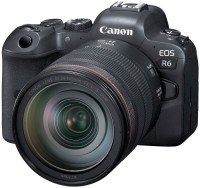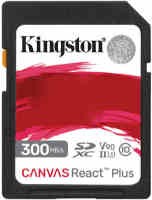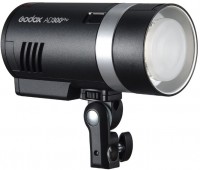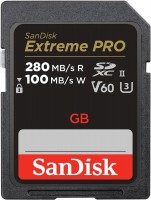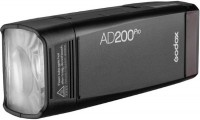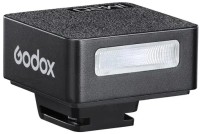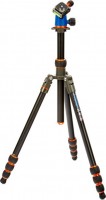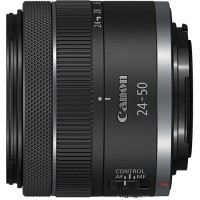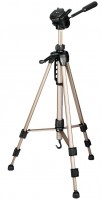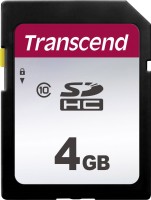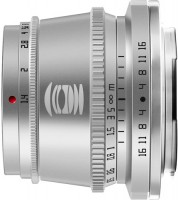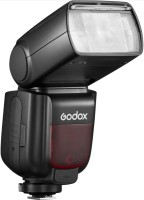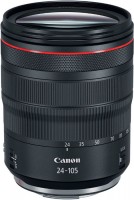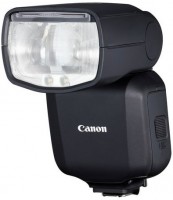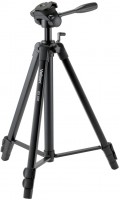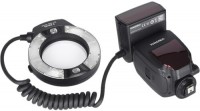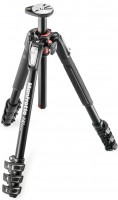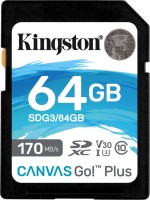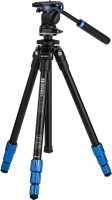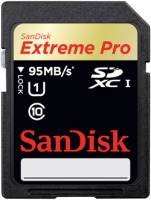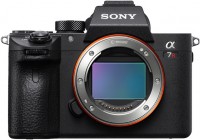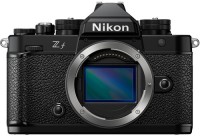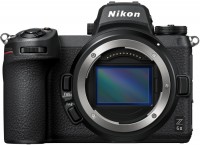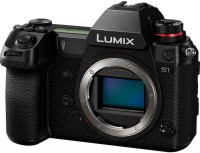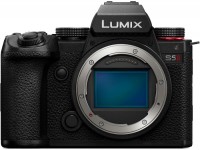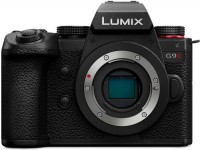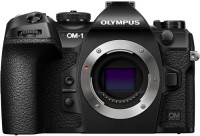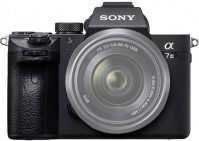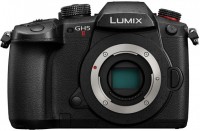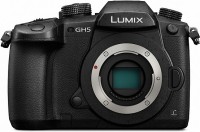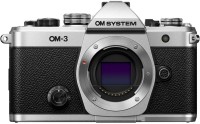Canon EOS R body
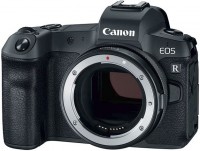 |
A pro-level camera with advanced ergonomics and, last but not least, a full-frame image sensor, a first for Canon's line of mirrorless cameras. The model uses a new RF mount with a short working length (20 mm). In parallel, it retained compatibility with a huge fleet of existing EF optics through an adapter. At the head of the Canon EOS R body is a 30 MP matrix with a standard ISO range from 100 to 40,000 units.
A separate reason for pride is the advanced automatic focus system, which uses 5655 focus points. Mirrorless aims at the target in 0.05 sec. and catches the subject in extremely low light conditions down to -6 EV. The camera records 4K video at 30 fps and supports 4:2:2 10-bit video output via HDMI to an external recorder. When shooting video, the operator will come in handy with proprietary Dual Pixel technology, which provides fast and smooth focus with a cinematic effect. To view and control shooting parameters, the mirrorless design provides three displays at once: an electronic viewfinder window, a main screen on a swivel hinge, and an auxiliary monochrome screen on the top end of the camera. It is also possible to control the camera remotely by means of an over-the-air smartphone.
|
| ||||||||||||||||||||||||||||||||||||||||||||||||||||||||||||||||||||||||||||||||||||||||||||||||||||||||||||||||||||||||||||||||||||||||||||||||||||||||||||||||||||||||||||
Always clarify the specifications and configuration of the product with the online store manager before purchasing.
Catalog Canon 2025 - new arrivals, bestsellers, and the most relevant models Canon.
Buy Canon EOS R body
Canon EOS R Body 3075C002 | £1,352.00 | ||||
| £1,649.48 | |||||
| £1,859.75 | |||||
Canon Canon EOS R | £1,215.10 | ||||
Canon Canon EOS R Body | £1,215.10 | ||||
Canon EOS R configurations
| Price for Canon EOS R | ||||
|---|---|---|---|---|
| Canon EOS R kit 18-45 | from £899.98 | 4 offers | ||
| Canon EOS R kit 24-105 | from £1,595.00 | 1 offer | ||
| Canon EOS R body | from £1,215.10 | 5 offers | ||
The debutant of the Japanese company Canon in the full-frame mirrorless league turned out to be somewhat controversial. Why? Let's figure it out.
Full frame sensor
The dust- and moisture-resistant body of the camera hides a full- frame image sensor with a resolution of 30.3 MP and a wide range of native ISO (100-40000 units) in the depths of the magnesium alloy frame. The camera spied on the Canon EOS 5D Mark IV mirror flagship with support for the Dual Pixel branded “bun”.
Optics park
The bayonet mount of the new RF format became the docking gateway for interchangeable optics with the “carcass” of the model. Its diameter is identical to that of the Canon EF mount (54mm), however, due to the shorter working length (20mm) for the Canon mirrorless full frame system, it will be easier to "build" lenses with improved optical characteristics. The park of "native" optics at the time of the announcement of the camera consists of four copies: a fast "fifty kopeck" f / 1.2, a universal zoom 24-70mm f / 2L, another "elk" with a set of focal lengths of 24-105 mm and a maximum aperture of f / 4 , as well as a 35mm f/1.8 macro lens with an optical stub. The lenses of the EF-S system are screwed onto the camera through adapters.
Hocus pocus — autofocus
A weighty argument in favor of mirrorless is one of the fastest autofocus systems in its class. It's no joke, 5655 focus points catch the subject in 0.05 seconds. In addition, they remain sensitive even in low light down to -6 EV(combined with f/1.2 optics). But the matrix stub to the camera, unfortunately, was not “delivered”. As well as support for shooting 4K video without crop. And this despite the fact that the mirrorless can write videos in 4:2:2 10 bit via HDMI to an external recorder.
Developed ergonomics
It is proposed to look at the shooting process by clinging to the “eye” of the OLED viewfinder (3.69 million pixels) or by resorting to the services of a 3.15-inch screen on a swivel hinge. Afterwards, the key shooting parameters are duplicated on the service display, for which there was a place on the upper end of the model case. One of the innovations on board the camera was the appearance of a multifunctional quick access panel to popular settings, located to the right of the viewfinder window. Obviously, Canon did a great job on the first-born of the mirrorless full-frame system, but some moments still need to be “finished” to the perfect in order to compete on equal terms with the best of the best cameras in the full-frame class.


